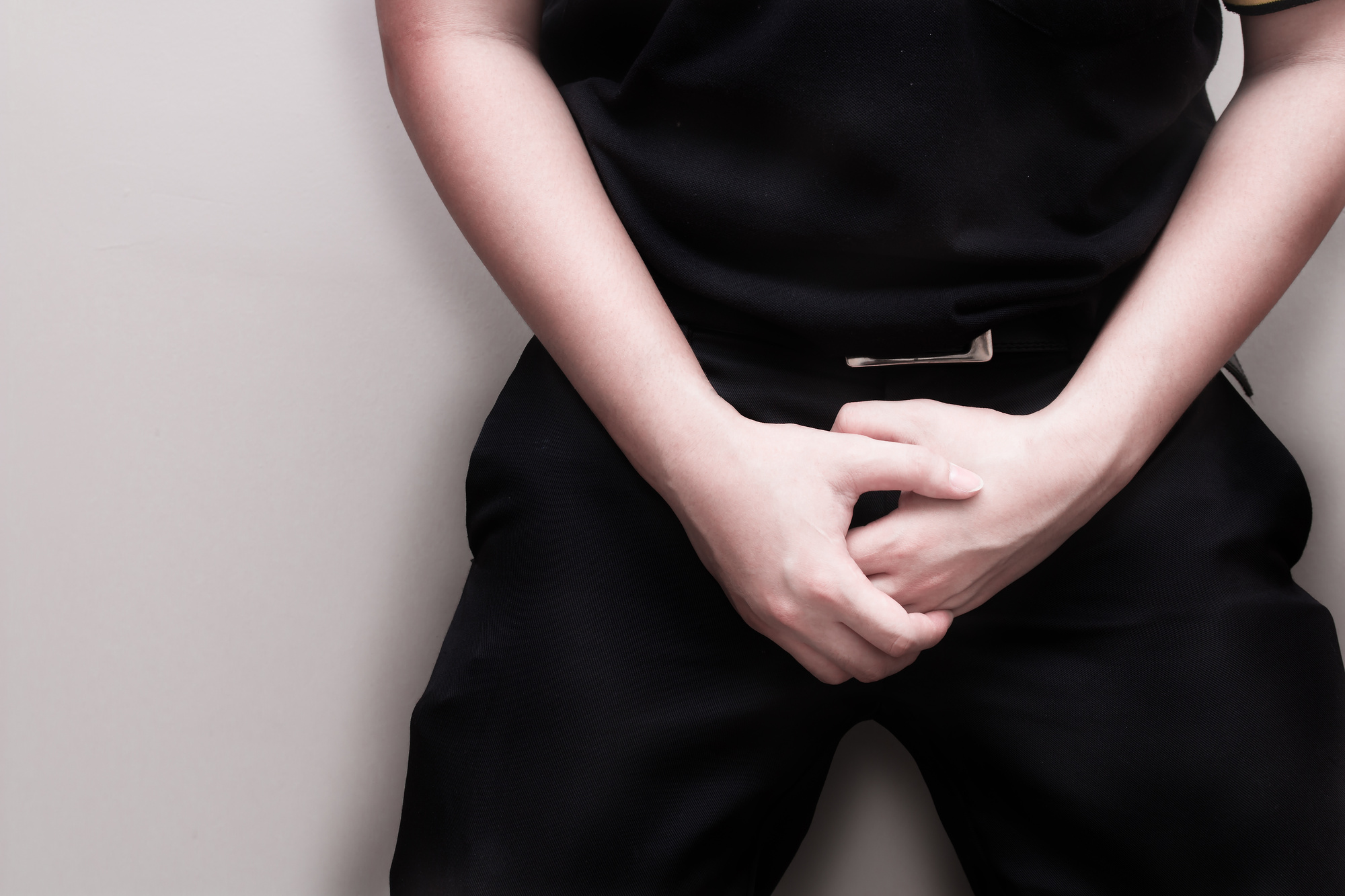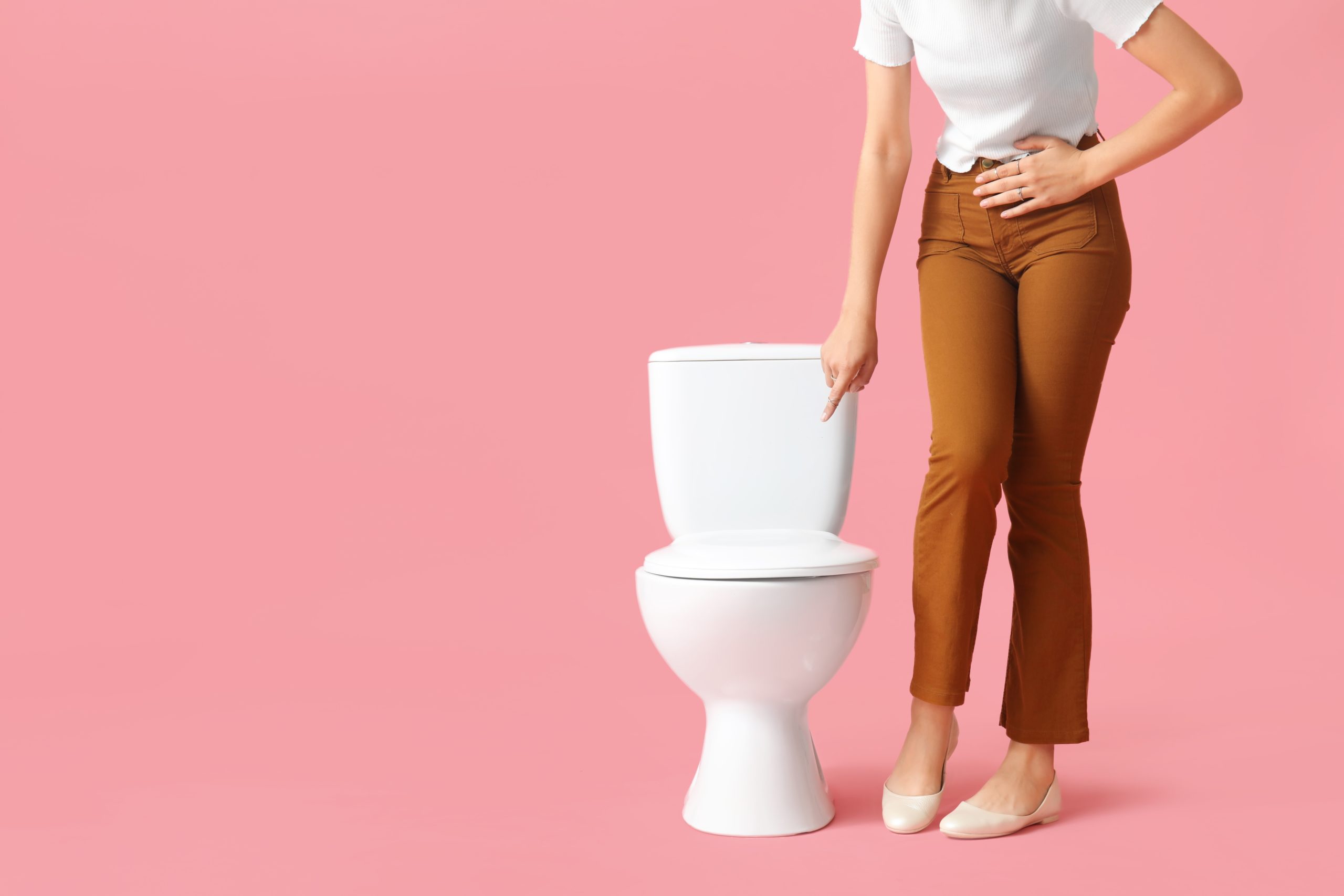
What Causes Overactive Bladder, and is it a Normal Part of Aging?
How many times is too many when visiting the bathroom a day? While there is no definitive or ”normal” number per se, the general rule of thumb is that if you’re urinating fewer than 10 times per day, you have normal bladder function.
But the truth is, many people with an overactive bladder don’t want to talk about it. In fact, studies show that a large percentage of adults with symptoms neglect to bring them up with their healthcare provider. Hence the term closet disorder.
So, what causes overactive bladder syndrome, and is it always age-related? Find out more in this blog.
How To Tell You Have an Overactive Bladder
As many as 33 million people across the United States live with an overactive bladder. While it’s far more common in women and those over the age of 40, almost anyone, of any age can develop an overactive bladder.
What is an overactive bladder? Basically, this means your bladder contracts suddenly, without your control or without it being full, resulting in the urge to urinate. What does living with this syndrome look like?
- – You feel an uncontrollable urge to urinate which often comes on suddenly
- – These urges occur frequently throughout the day and night
- – You might leak urine before you reach a toilet, also called incontinence
- – You experience nocturia — an urge or need to urinate more than twice during the night
Now, there are some exceptions to the above symptoms. For pregnant women, the urge or need to urinate increases during pregnancy due to the weight of the baby on the bladder, as well as the body processing excess fluids.
But if a person feels like they cannot control the urge to urinate and plans their day and outings around where to find the nearest bathroom, this is cause for concern.
What Causes Overactive Bladder Syndrome?
Most people assume that having an overactive bladder comes with age. But this is not always the case as there are numerous causes of this condition. For some people, living with an overactive bladder could result from a combination of causes.
Some of the most common include:
- – Damage to the nerves that signal between the brain and the bladder. Nerve damage can result from back or pelvic surgery, radiation therapy, stroke, Multiple Sclerosis, Parkinson’s disease, a herniated disc, etc.
- – Weakened pelvic muscles — often caused by pregnancy, childbirth, repeated exercise stress, and heavy lifting
- – Infection of the urinary tract which irritates the bladder muscles and nerves, resulting in involuntary bladder contractions
- – Certain medications, excessive alcohol, and caffeine consumption all dull nerve signals to the brain. The result is a bladder that becomes too full and overflows
- – Weight gain/obesity — carrying extra weight adds pressure on your bladder which is a primary cause of incontinence
- – Hormonal imbalances, such as estrogen deficiency. This is a common condition in women going through menopause which increases your urge to urinate
As you can see from the above causes, an overactive bladder is not always associated with aging. In some cases, there is no obvious physical cause or reason for an overactive bladder — the condition could stem from a psychological issue. But with the right specialist, such as a urogynecologist, they can help you find the answers and treatment you’re looking for.
Treatment for an Overactive Bladder
The fact that millions of people across the country live with this condition means that it’s not rare, and as such, it’s 100 percent treatable. But it’s up to those living with the condition to speak up about it and let their doctor know about their symptoms.
How is the condition treated? First of all, your doctor will start by implementing a few behavioral changes that focus on therapy of the bladder. Some of these might include:
- – Keeping a diary of your fluid intake and how many times you urinate. You’ll also need to keep track of accidents and how they happened, i.e. you were unable to reach the bathroom in time, you coughed, etc.
- – You might need to change up your diet and decrease your consumption of caffeinated drinks, alcohol, and spicy/acidic foods that can irritate the bladder
- – Make bowel regularity a priority. Being constipated can only exacerbate an irritated bladder. You might need to increase your fiber intake, increase your exercise and water intake
- – Maintain a healthy weight. If you’re overweight or obese, you might need to begin a weight loss journey to reduce the pressure on your bladder
- – Your doctor will encourage you to stop smoking as it further irritates and weakens the bladder muscles
- – Create a bathroom schedule which means you visit the toilet every hour in order to create bladder regularity and avoid accidents
Lastly, your doctor will encourage you to monitor your intake of fluids. Many people with an overactive bladder have an excessive fluid intake that is directly causing their symptoms. As a general rule, your daily intake of all fluids, including water, coffee, tea, etc., does not need to exceed 6-8 cups of fluid per 24 hours. However, there are exceptions to this rule. These include activities that involve excessive sweating (e.g., exercise, working in the yard) and certain medical conditions. Lean on your healthcare provider to find out what your daily fluid intake should be.
Aside from these behavioral and lifestyle changes, your doctor might also encourage physical therapy for Kegel exercises, medications, supplements, tibial nerve stimulation, Botox bladder injections, or sacral neuromodulation. Recommended treatment options will depend on the severity of your overactive bladder symptoms.
Check out this blog post to learn more about overactive bladder treatments.
If You’re Living With an Overactive Bladder, Seek Help
If you’re living with this condition and wondering ”what causes an overactive bladder?”, we hope this blog has provided you with some helpful knowledge. Ultimately, you should never ignore the signs of an overactive bladder. And don’t just attribute it to aging, either.
An overactive bladder can have a dire impact on your life. It can impact your quality of sleep, productivity, relationships, and even social interactions. Don’t put it off, get in touch with Dr. Peter M. Lotze and his team, and gain back your freedom from overactive bladder symptoms!
Connect With Us
Be sure to check our blog regularly for new posts, and follow us on Facebook and Instagram @PeterMLotzeMD for health and wellness tips and more!



